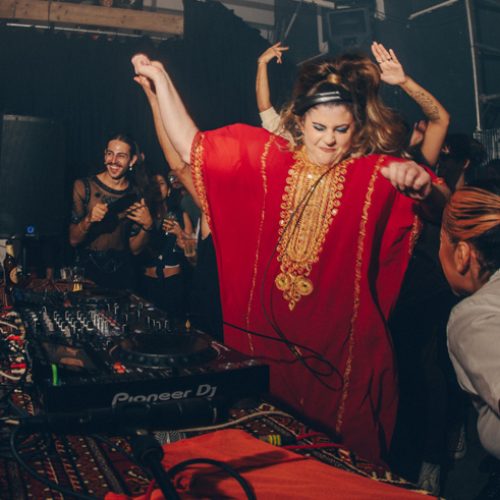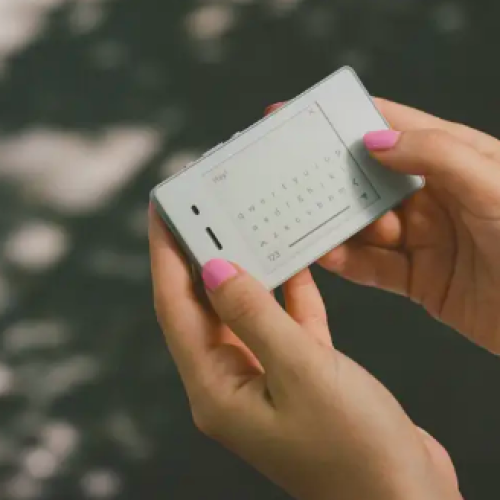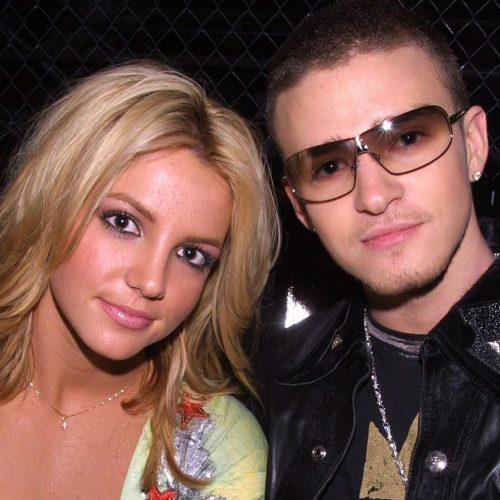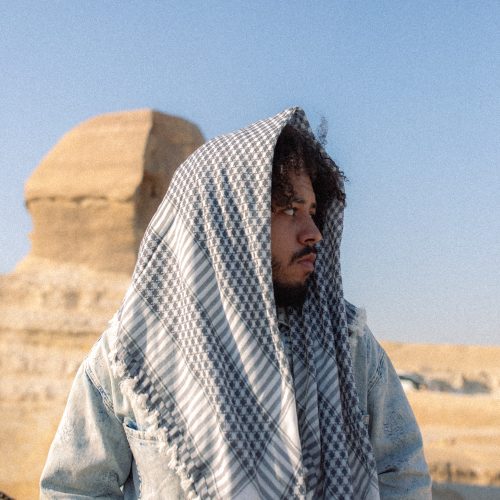Straight out of the Paris suburbs of Montreuil, MomoSpazz and Sanguee began their musical journey after having met in high school. The rap duo, now both 26 years old, go by the pseudonym TripleGo.
You might not have heard of them, they’re not the most well known—but despite their discreet nature, their distinctive sound has earned them respect across the industry. They adamantly refuse to be confined to a single genre, but you can easily draw parallels between their music and that of PNL (the most popular French rap group behind ‘Cloud rap’, an experimental subgenre that has taken over the French music scene).
It’s explicitly cosmic and airy but somewhat melancholic. The beats are dark, with heavily auto-tuned voices waving through. MomoSpazz and Sanguee are in many ways pioneers of this new wave movement. Having released four projects so far, the first ‘Putana’ in 2014, followed by ‘Eaux Max’ and ‘2020’, with their latest EP, ‘En attendant Machakil’ having just been released late last month.
We caught up with the duo to talk about their beginnings, how their Arab origins interplay with their music, and the overriding darkness of their sounds and lyrics.
How did you both meet and when did you start making music?
Sanguee: We started the music naturally and we met in high school. The beginning was logical because it was our destiny.
What’s your creative process like?
Momo: There is no creative process. We do it with spontaneity, we surf on the wave of the moment. Sometimes he does everything, sometimes he does nothing, sometimes we do everything together and sometimes we do nothing at all.
What obstacles did you encounter at the beginning? Do you think that your origins are an “asset” or an obstacle?
Sanguee: Our origins have been more beneficial than anything else, but music has no color or boundaries, and it can affect anyone no matter where they come from, no matter what language they speak. Music is above all emotions
Momo: I do not think that our music affects more people from our cultural milieu; there is a certain specificity that makes us affect any environment. The sincerity and emotion that we put in to our music are universal values more than anything else, not even when it comes to our community. We aim towards an universal music.
Sanguee: I think everything is dark before, now and even tomorrow. The thing is to find beauty in the “darkness”. I think this is a path that everyone must follow during their life.
You’ve described your music as “dark and pure”, where does this sense of darkness come from?
Momo: We’re trying to explore the darkness that’s essentially an escape from the reality we live. A journey that we try to make as long as possible and it is through this darkness that we are looking more and more for the light. It is by hitting bottom that we enjoy the surface better.
Montreuil and Morocco are two places that weave through your work – how do they impact your creativity?
Sanguee: Montreuil is where we grew up, so our culture and the memories we have are mostly there. However, Montreuil does not necessarily define us. Before anything, we are all human beings whether we grew up in Montreuil or in another city of 93 or elsewhere, I think we all face the same problems in life and the same happiness.
Morocco is the country where I come from, it represents the language that I grew up talking since I was little, it’s also the cultural, spiritual, musical, religious influence I have. This is what constitutes our base for life beyond the artistic aspect, it is vital to us.
Sometimes, you rap in Arabic. Is Arab music an inspiration for your rap?
Sanguee: I sing in Arabic, sometimes, because it’s the language that I spoke since I was little. It’s the language of the household so it’s a little instinctive to do that and then there is a sincerity that I can get only from Arabic. It’s been an important influence when I grew up from Gnawa music to the Lebanese pop that we have always listened to.









